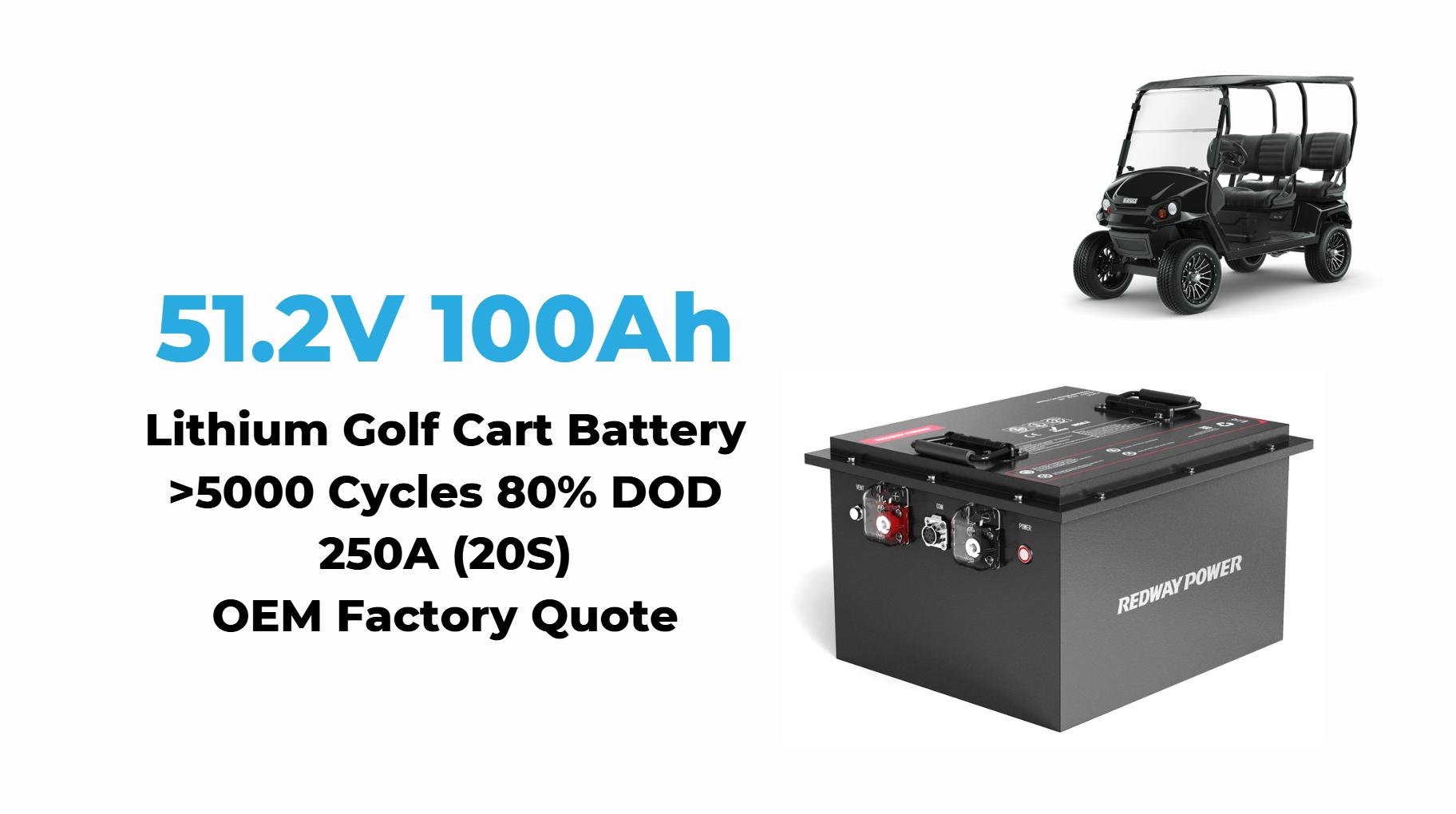
What Are the Key Features of Specialty LiFePO4 Batteries?
Specialty LiFePO4 batteries are gaining traction due to their versatility and safety in various applications, including portable electronics and electric vehicles. This article explores key types such as heated LiFePO4 batteries, 18650 batteries, and their applications in mini and portable devices.
What Are Heated LiFePO4 Batteries?
Heated LiFePO4 batteries are lithium iron phosphate batteries equipped with built-in heating elements to maintain optimal operating temperatures in cold conditions. This feature enhances performance and prevents capacity loss, making them ideal for applications in extreme climates, such as electric vehicles and renewable energy systems. Heated LiFePO4 batteries are designed to maintain optimal performance in cold environments, making them ideal for applications where temperature fluctuations can affect battery efficiency:
- Applications: Commonly used in electric vehicles and outdoor equipment during winter months.
- Benefits: Prevents performance degradation due to low temperatures, ensuring reliable power delivery.
Chart: Performance Comparison of Heated vs Non-Heated LiFePO4 Batteries
| Feature | Heated Battery | Non-Heated Battery |
|---|---|---|
| Operating Temperature | -20°C to 60°C | 0°C to 60°C |
| Performance | Consistent power output | Reduced capacity in cold |
How Do 18650 LiFePO4 Batteries Work?
18650 LiFePO4 batteries are cylindrical lithium iron phosphate cells that store and release electrical energy through electrochemical reactions. They feature a nominal voltage of 3.2V and are known for their safety, long cycle life, and stable discharge characteristics, making them suitable for various applications like power tools and electric vehicles. The 18650 LiFePO4 battery is a cylindrical lithium iron phosphate battery commonly used in portable electronics and electric vehicles:
- Specifications: Typically rated at 3.2V with capacities ranging from 1500mAh to over 3500mAh.
- Advantages: Known for their safety, long cycle life, and ability to withstand high discharge rates.
Chart: Specifications of 18650 LiFePO4 Batteries
| Specification | Details |
|---|---|
| Nominal Voltage | 3.2V |
| Capacity | Up to 3500mAh |
| Cycle Life | 2000-8000 cycles |
What Are the Benefits of Using 20Ah LiFePO4 Batteries?
Using 20Ah LiFePO4 batteries offers benefits such as lightweight design, long cycle life (up to 2,000 cycles), and fast charging capabilities. They provide stable power output and low self-discharge rates, making them ideal for applications like RVs, solar energy systems, and portable electronics. A 20Ah LiFePO4 battery is ideal for small-scale applications that require reliable power:
- Compact Size: Suitable for portable devices like fish finders and trolling motors.
- Long Life Cycle: Offers a significant number of charge cycles compared to lead-acid alternatives.
- Fast Charging Capability: Reduces downtime, allowing devices to be ready quickly.
What Is a 14430 LiFePO4 3.2V Battery?
A 14430 LiFePO4 3.2V battery is a compact lithium iron phosphate cell with dimensions of 14mm in diameter and 43mm in height. It is commonly used in portable devices due to its lightweight nature, safety features, and ability to deliver stable voltage while offering a longer lifespan compared to traditional batteries. The 14430 LiFePO4 battery is another compact option, often used in smaller electronic devices:
- Size: Smaller than the standard 18650, making it suitable for tight spaces.
- Voltage and Capacity: Typically rated at 3.2V with capacities around 600mAh to 1000mAh.
How Are Mini and Portable Applications Supported by LiFePO4?
LiFePO4 batteries support mini and portable applications by providing high energy density in a lightweight form factor. Their compact size allows for easy integration into devices like drones, power banks, and portable solar systems while ensuring reliable performance and safety during operation. LiFePO4 batteries excel in mini and portable applications due to their lightweight design and high energy density:
- Versatility: Ideal for applications ranging from drones to portable power stations.
- Safety Features: Lower risk of fire compared to other lithium chemistries makes them suitable for consumer electronics.
How Do Heated Li-ion Batteries Compare to LiFePO4?
Heated Li-ion batteries offer advantages such as higher energy density compared to LiFePO4 batteries but may have shorter lifespans and increased risk of thermal runaway. In contrast, LiFePO4 batteries provide enhanced safety, longer cycle life, and better thermal stability, making them more suitable for applications requiring reliability in extreme conditions. When comparing heated Li-ion batteries with LiFePO4 batteries, several differences arise:
- Safety:
- Li-ion batteries can be more prone to thermal runaway.
- LiFePO4 batteries offer enhanced safety features.
- Cycle Life:
- Generally, LiFePO4 batteries have a longer lifespan than typical lithium-ion counterparts.
What Should You Consider When Choosing a Custom Server Rack Battery?
When choosing a custom server rack battery, consider factors such as capacity requirements (Ah), voltage compatibility (e.g., 12V or 48V), physical dimensions for fit within the rack, cooling options for heat dissipation, and integrated Battery Management Systems (BMS) for monitoring performance and ensuring safety during operation. When selecting a custom server rack battery, consider:
- Capacity Needs: Ensure the battery can handle the load required by your equipment.
- Compatibility: Check if it integrates seamlessly with existing systems.
- Safety Features: Look for built-in protections against overcharging and short circuits.
Expert Views on Specialty LiFePO4 Applications
“Specialty LiFePO4 batteries are revolutionizing energy storage solutions across various sectors,” states an industry expert. “Their adaptability makes them suitable not only for electric vehicles but also for renewable energy systems and portable applications.”
Frequently Asked Questions About Specialty LiFePO4 Batteries
- What is the lifespan of a typical heated LiFePO4 battery?
A typical heated LiFePO4 battery can last between 2000 to over 8000 cycles depending on usage and maintenance. - Can I use different sizes of batteries together?
It is best practice not to mix different sizes or chemistries in one system to avoid compatibility issues. - How do I know if my battery needs replacing?
Signs include decreased performance, longer charging times, or physical damage to the battery casing.
